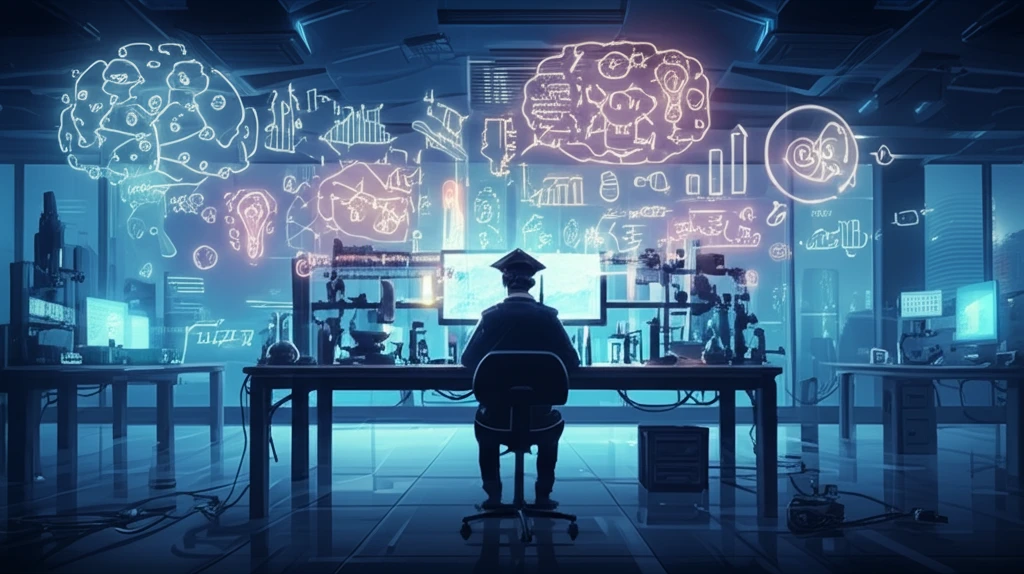
Beyond the Lab: Cultivating Critical Thinkers in PhD Programs
"Universities are beginning to realize that future innovation depends on graduates who can think critically, not just specialize."
In today's fast-paced scientific landscape, the pressure to produce results quickly often leads to narrowly focused PhD programs. While these programs excel at training specialists, they sometimes miss the opportunity to nurture critical thinkers who can apply research in broader contexts and solve complex societal problems.
Traditional PhD curricula often prioritize rote memorization of facts, like the intricate details of a microbe's life cycle, over teaching students to recognize errors, evaluate case studies, and understand the scientific process. This gap is what Johns Hopkins University is addressing with its innovative R3 program.
Launched by Microbiologist Arturo Casadevall and Gundula Bosch, the R3 program aims to reintroduce philosophy into the doctorate—emphasizing rigor, responsibility, and critical thinking. This initiative represents a move towards more comprehensive reform in graduate science education.
Why Critical Thinking Matters in Scientific Research

The ability to think critically is essential for researchers. It enables them to analyze information, recognize errors, and evaluate the broader implications of their work. Traditional science education often overlooks these skills, focusing instead on specialized knowledge.
- Recognizing Errors: Trainees learn to identify flaws in research and evaluate case studies.
- Ethical Considerations: Students view their work through the lens of social responsibility.
- Interdisciplinary Approach: Encourages broad and critical thinking about science and its impact on society.
Looking Ahead: The Future of Scientific Research
By fostering critical thinking and a broader perspective, programs like R3 aim to produce researchers who can contribute more thoughtfully to science and society. As graduates move forward, their ability to think critically and communicate effectively will be instrumental in shaping a better, more rational world. The future of scientific research depends on self-improving, self-correcting scientists who prioritize both knowledge and wisdom.
